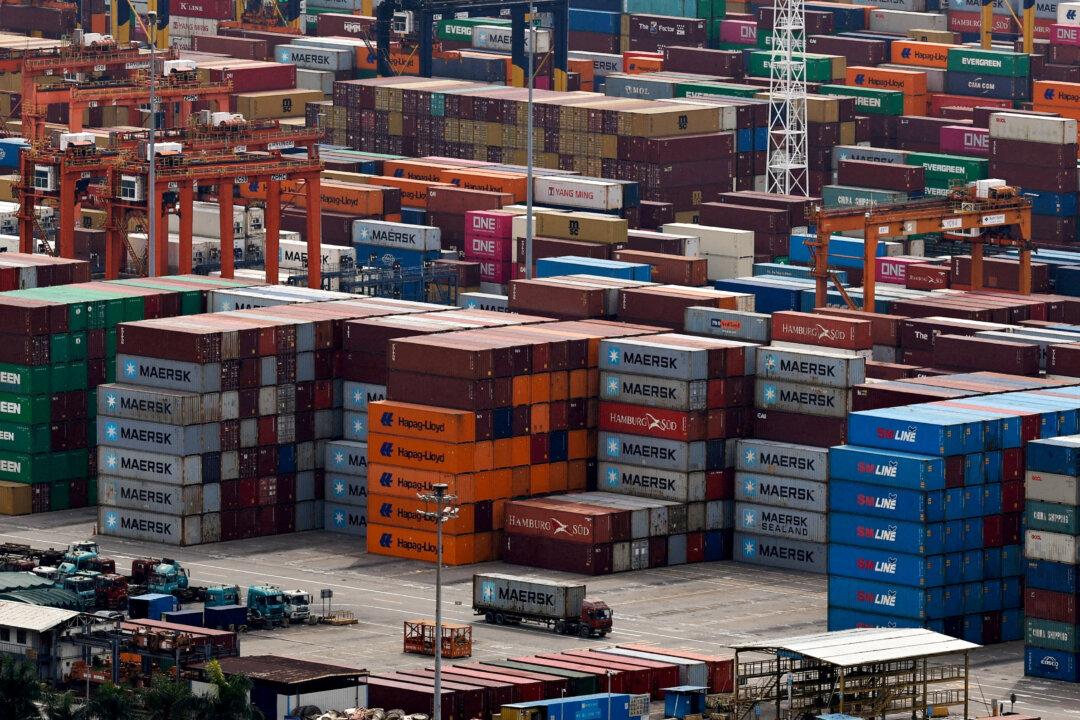China’s communist regime said on May 23 that it would continue talks with the U.S. government to stabilize their bilateral relationship as both sides work to resolve trade disputes.
Chinese Vice Foreign Minister Ma Zhaoxu spoke via phone with U.S. Deputy Secretary of State Christopher Landau on May 22 to address “important issues of common concern,” according to a readout issued by the regime’s foreign ministry.





